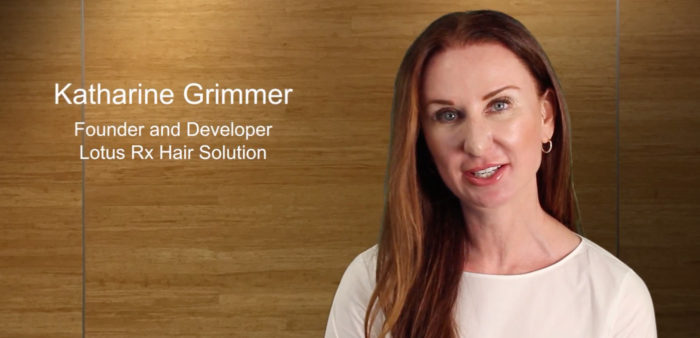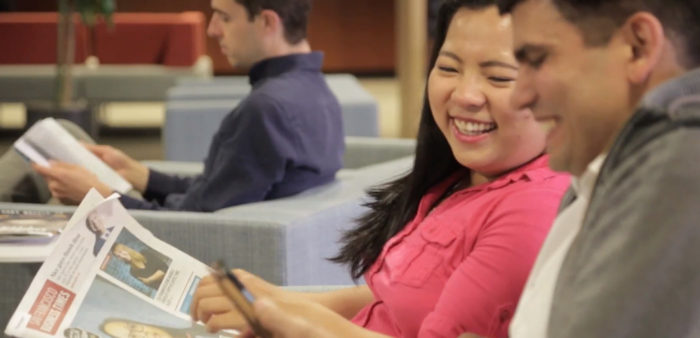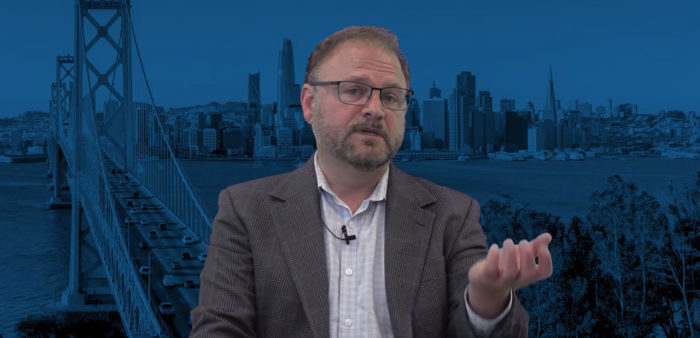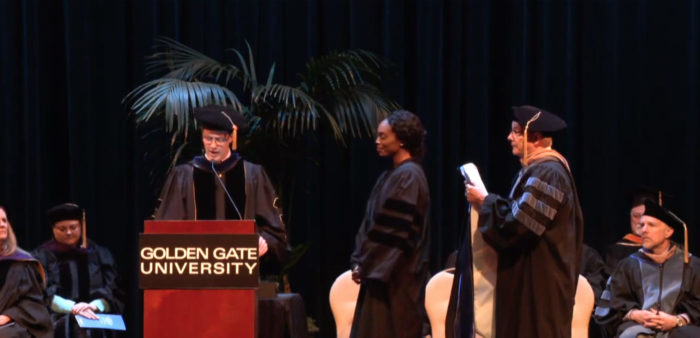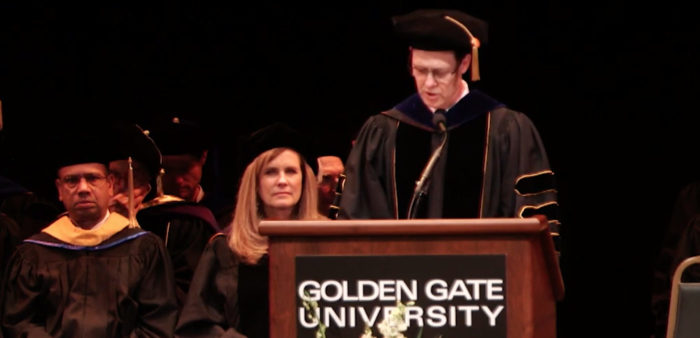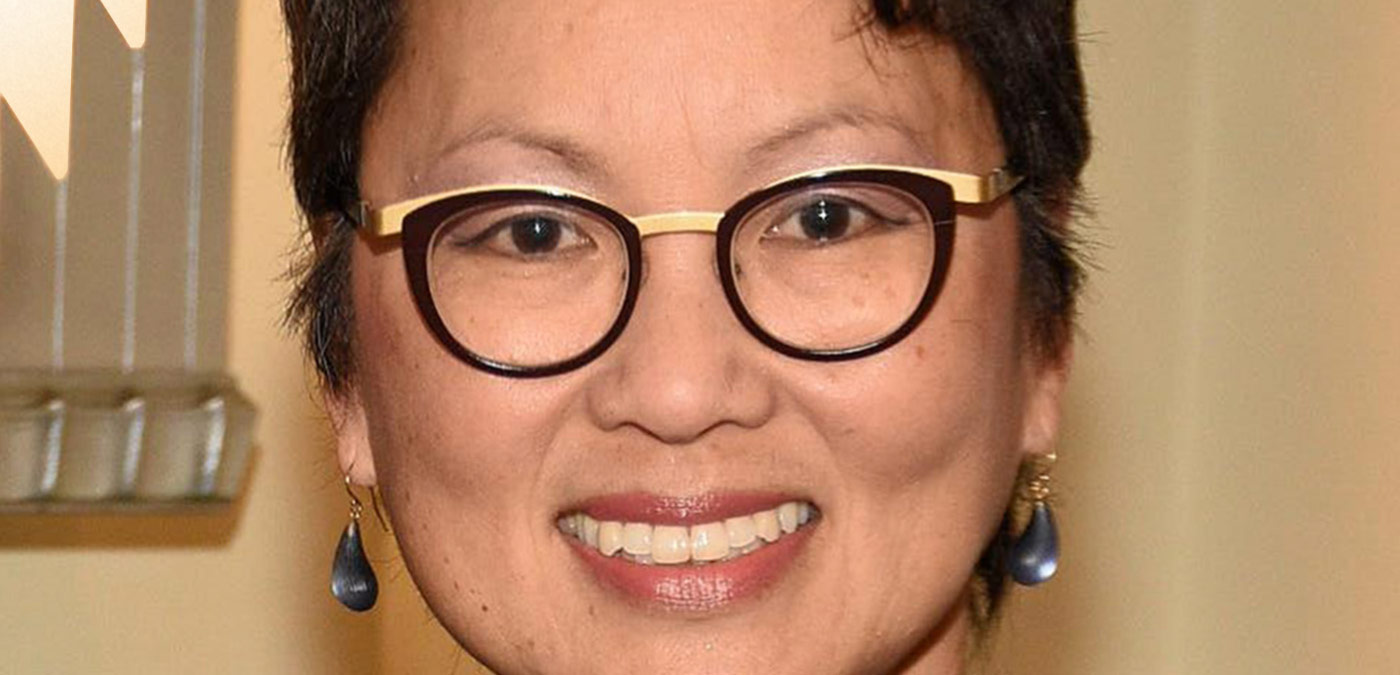
Five Ideas About the Future of Work
According to the Future of Jobs Report from the World Economic Forum, five years from now more than one-third of the skills we believe are essential will have changed. A commitment to learning can help you acquire the skills you need to thrive in the future.
On April, 27, 2019 Van Ton-Quinlivan delivered the keynote address at Golden Gate University’s Graduate School Commencement. Van is the Executive in Residence at the Institute for the Future and Executive Vice Chancellor Emeritus for Workforce and Economic Development for the California Community Colleges.
In her address, Van reflected on her experience growing up in the United States as a first-generation immigrant. Her parents escaped from Vietnam to the United States in 1975 and worked tirelessly to build a life for their family. They never expressed regret for what they had lost–only gratitude for the opportunities that lay ahead. She speculated what changes we might anticipate in tomorrow’s global workplace.
Everything rote and competitive is automated and done by machines.
What kind of work in the future will value the human touch? What about emotional intelligence? Employers will rely on those who can foster relationships with others, provide insights into motives, and inspire productivity and excellence. Any discipline that benefits from emotional intelligence and human touch will be in high demand.
Your colleagues may be humans, robots, or avatars.
One way to prepare is to hone your skills using virtual collaboration tools. The ability to communicate with remote teams will become more important and large companies will need to learn new ways to manage remote teams and strategies for keeping them engaged. For employees, adaptability may become as important as talent and expertise.
Technology platforms and their algorithms become the new middle management to assign and match work.
This means your online reputation is essential. How others rate you, the experiences you reflect in your portfolio, your demonstrated competencies and earned credentials, your ability to display who you are connected to will be important.
You self-identify through a personalized learning record not tied to any educational institution or employers.
By scanning your personal QR code, an employer might see your skills, experiences, formal and informal education and training—all verified and recorded in blockchain. Lifelong learning as a way to differentiate yourself will become increasingly valuable.
eWorkers increasingly go independent
People will will say they “do work” rather than “go to work” without expectations of going anywhere physical. In this increasingly remote context, it will be important to be so effective at your job that you become the go-to person for getting things done.
Van encourages today’s professionals to periodically reflect on the future and what we might do differently today to prepare ourselves for tomorrow’s workplace. We are all immigrants into the future, she says, and we will figure it out together.

